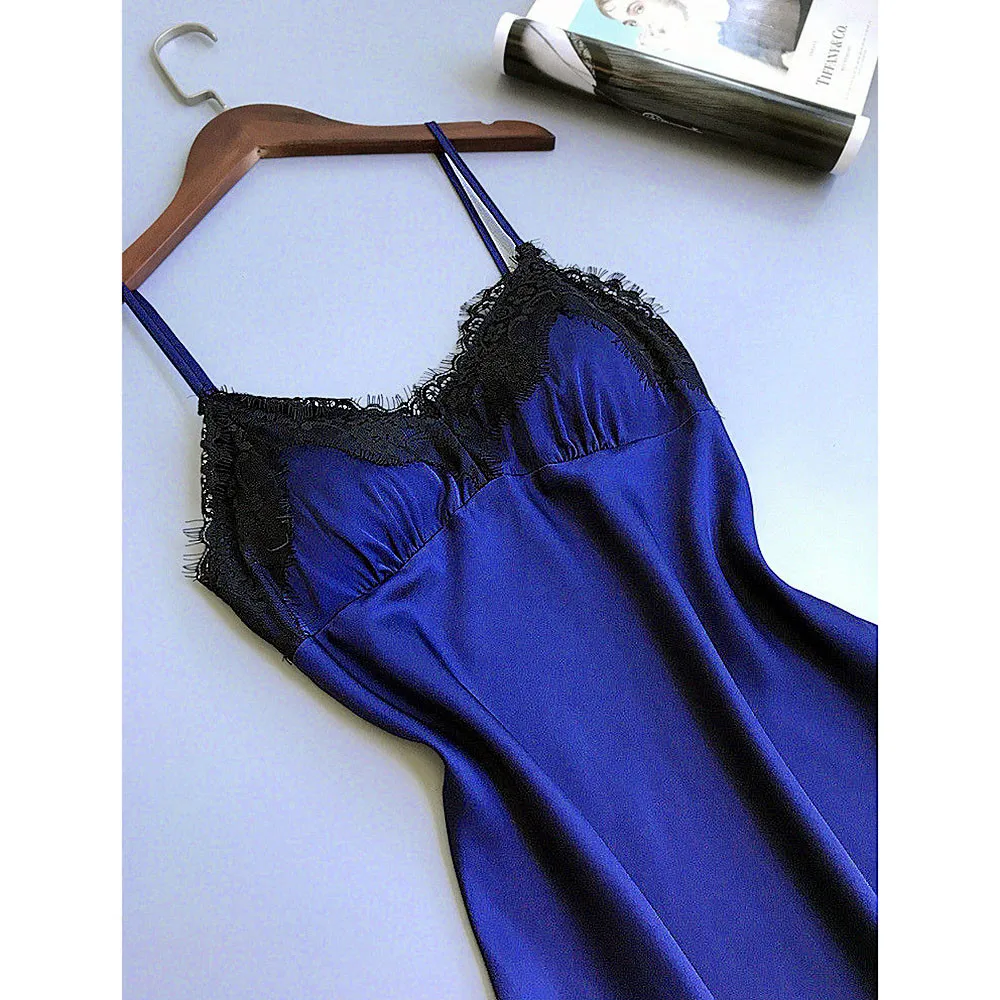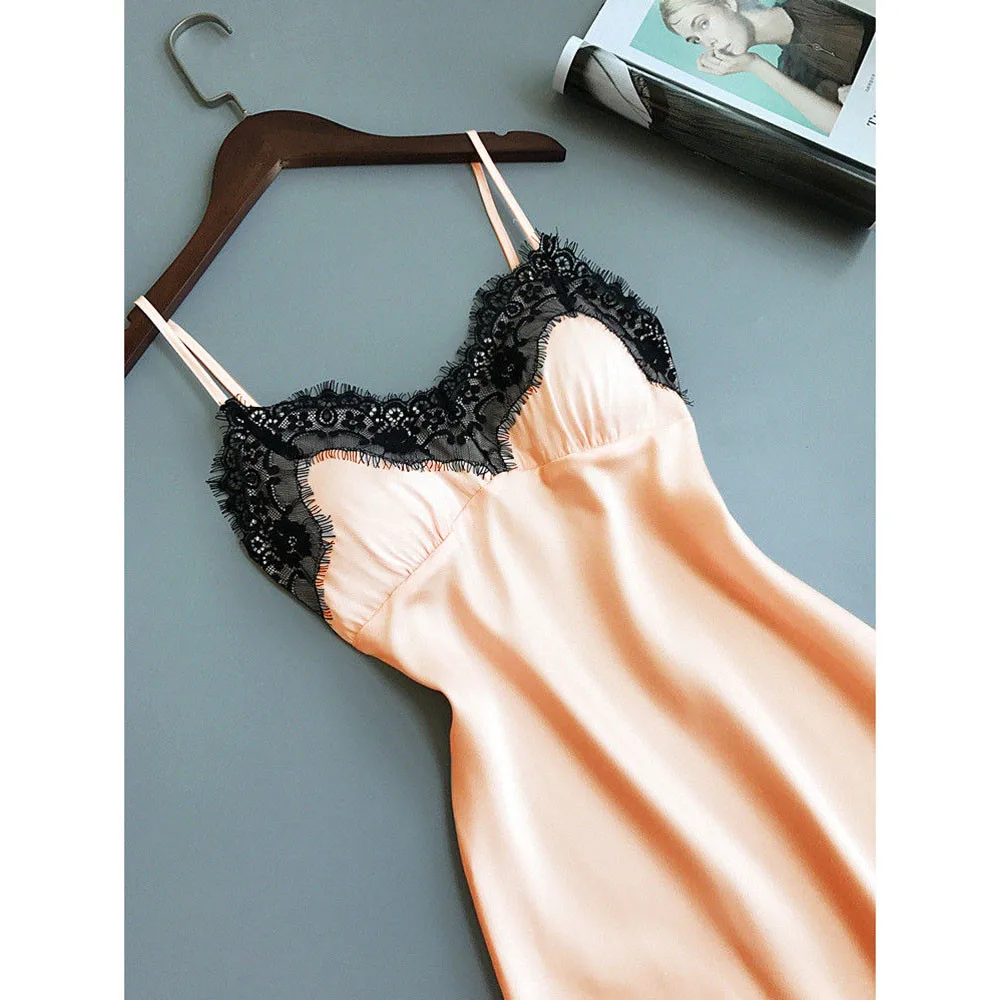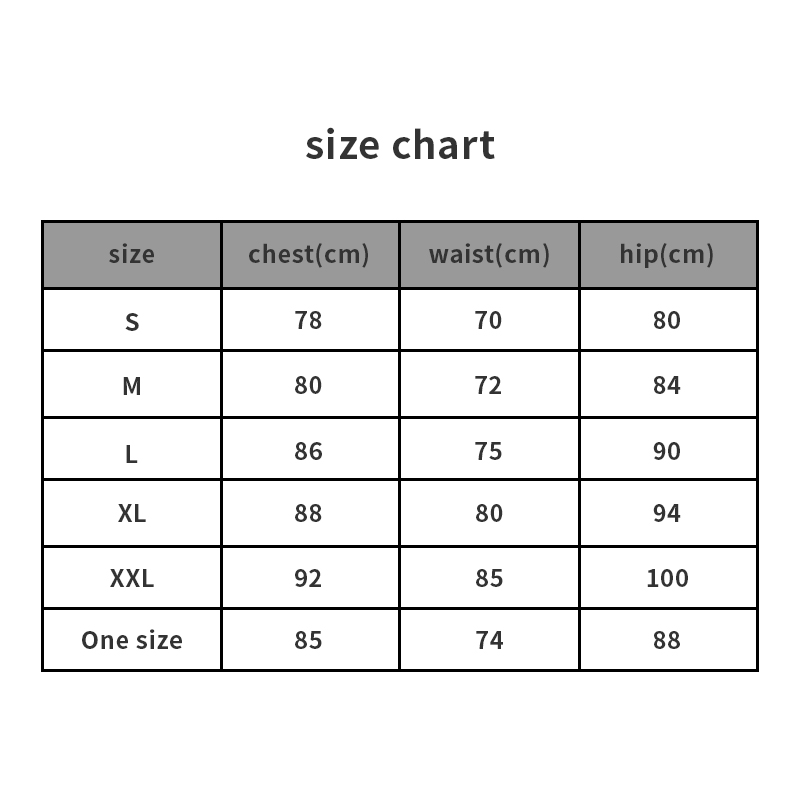If any of my clients has been particularly indulgent, they tend to try and hide their face from me. I tell them everything shows up on the skin: the emotional residue of the fight with their significant other, excessive partying, lack of sleep, poor diet, and much more. I can see it all. They joke and say I’m psychic, but it’s their skin that gives it away.
Eat Well, Look Good
We now know of the strong connection between diet and skin health. In fact, some of the very same things we use as skin care products are included in what I call a “beauty diet” composed of “beauty foods.” In general, this involves eating as close to the earth as possible, or the way nature provided. This means not eating processed and condensed foods.
For example, eating an apple rather than drinking apple juice. Apples contain fiber and other important nutrients and have a limited amount of sugar, whereas apple juice is high in sugar and doesn’t contain all the other nutrients.
Think fruits, vegetables, nuts, seeds, grains, legumes, etc. An important aspect to the beauty diet is not only what you eat but also how you prepare and store your food. Use the right ingredients to do the right job—oils with high smoke points (such as avocado oil) are good for stir-fries and sautéing; olive oil is a perfect addition to salad dressings and cold dishes.
Simple changes you can make that are good for the environment and your overall health might be:
using glass containers for food storage to reduce the amount of plastic your food is exposed to, drinking water out of glass or stainless steel, or buying or making produce storage bags from fabric. The Probiotic Connection When functioning properly, your immune system attacks anything in your body that it recognizes as a foreign contaminant, such as invading microbes, plant pollen, or chemicals. This process is called inflammation.
Occasional inflammatory episodes targeting truly threatening invaders help fight off infection, protecting your health
including your skin. But sometimes inflammation can persist even when your body isn’t under threat. At this point, inflammation can become the enemy rather than the protector. Many major diseases, including cancer, heart disease, diabetes, arthritis, depression, Alzheimer’s disease, psoriasis, and chronic fatigue syndrome have been linked to chronic inflammation.
When I began my practice, I quickly noticed the connection between gut health, diet, and radiant skin. What you eat absolutely shows up on your skin. More and more doctors recognize this and are shifting their focus to what we put in our bodies rather than on them. Our most valuable remedies, it turns out, may come from the farm, not the pharmacy!
The anti-inflammatory diet is growing in popularity among doctors and health care specialists for its benefit to your overall health. While it is more a lifestyle than a diet, these foods and guidelines not only reduce inflammation but also help maintain youthful, beautiful skin (see the sidebar). In addition to lowering inflammation, a more natural, less processed diet can have a positive influence on both your physical and emotional health.
The foods and guidelines can be modified to fit almost any diet you adhere to. For example, the combination of growth hormones and inflammatory substances in many dairy products can, and often do, lead to acne. Other skin ailments, for example rosacea, are amplified by certain foods such as mint, alcohol, and spicy foods. It’s all connected, and what you eat is reflected by your skin


























